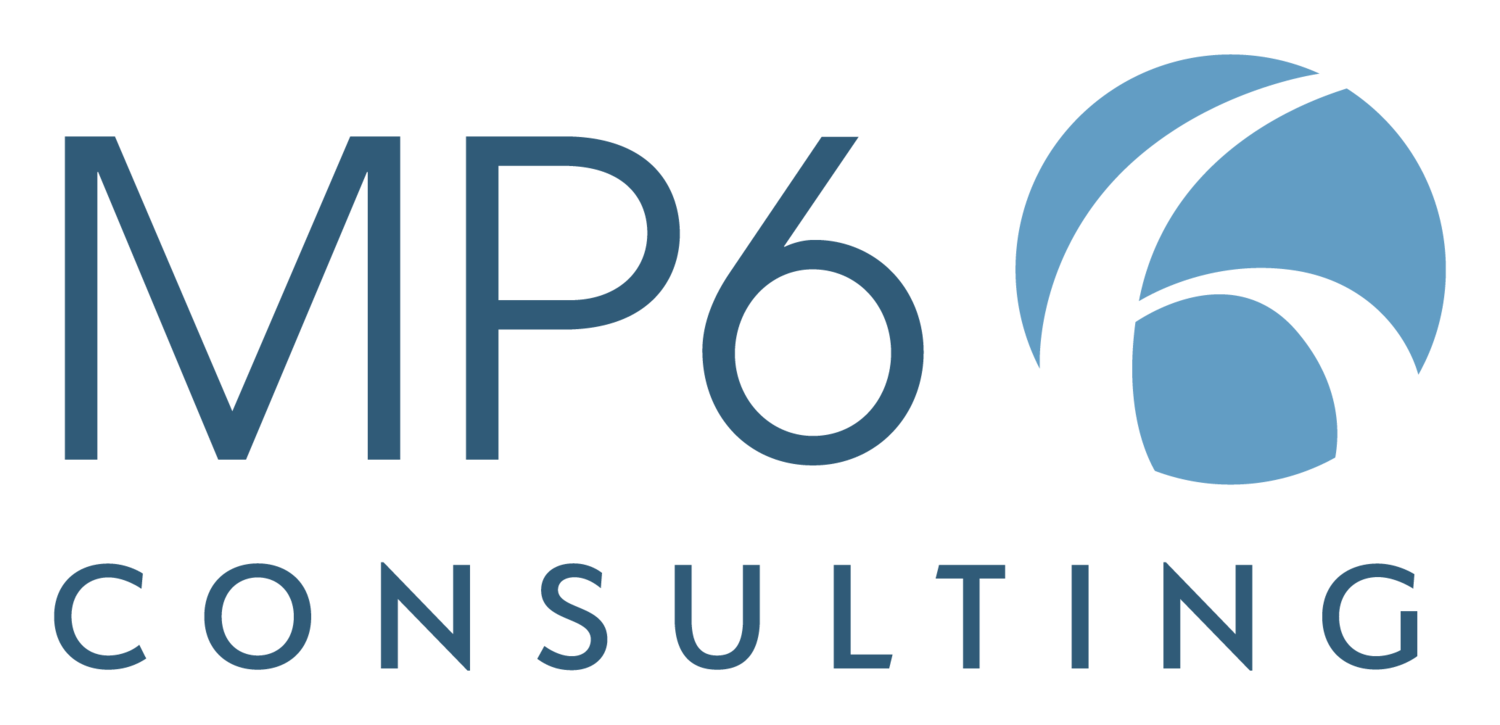The Case for Curiosity
Don’t we just love to give advice?
We sure do. We want to believe in our competency, that our decision-making and learned experiences are masterful and meaningful. We can feel like our worthiness is tied to what we know, not who we are. Additionally, we are often moved by action bias, the tendency to prefer action over inaction. This is never more true than in our modern workforce that favors rapid decision-making and movement, often at the risk of accurate problem-solving. Have you ever made a quick decision and realized that you weren’t even solving the right problem? In our haste for immediacy and perceived time saved on the front end, it often results in more time squandered later.
Yet Michael Bungay Stanier reminds us that maybe our advice is not as good as we think it is. We share our advice through our own lens and bias. Meaning – what works for us doesn’t necessarily work for others. Personalities, situations, experiences, capabilities, etc. may all vary. Our advice is actually NOT accurate if we don’t have the full lay of the land.
So how do we adjust this tendency in ourselves?
Enter curiosity, listening, and self-awareness. By sensing the room, the conversation, the environment, we can ask curious questions and probe a bit more. Consider it fact-finding – try to see what other data or information we don’t have that may exist. And when you feel the physical urge to solve (as we often do) – try holding there a beat longer. Recognize that when you want to solve, that is a clue that you need to ask one more curious question – even something such as “What do I not know about this situation that I should know?” (and yes – we fully understand the paradox of giving you advice here! Hey, we are a work-in-progress.)
You may say “This feels hard. Why bother? I can just give them the answer.” Sure. But…curiosity helps you invest in the potential of your team and your relationships. It helps you know that you’re leading your team (or self!) to the right problem rather than the quick solution. Curiosity also demonstrates a keen interest and empowerment of those you lead. And the more we know about our own reasons behind advice giving – the “advice monsters,” as Stanier refers to those reasons – the more we can shift from wanting to be right to wanting to get it right.
